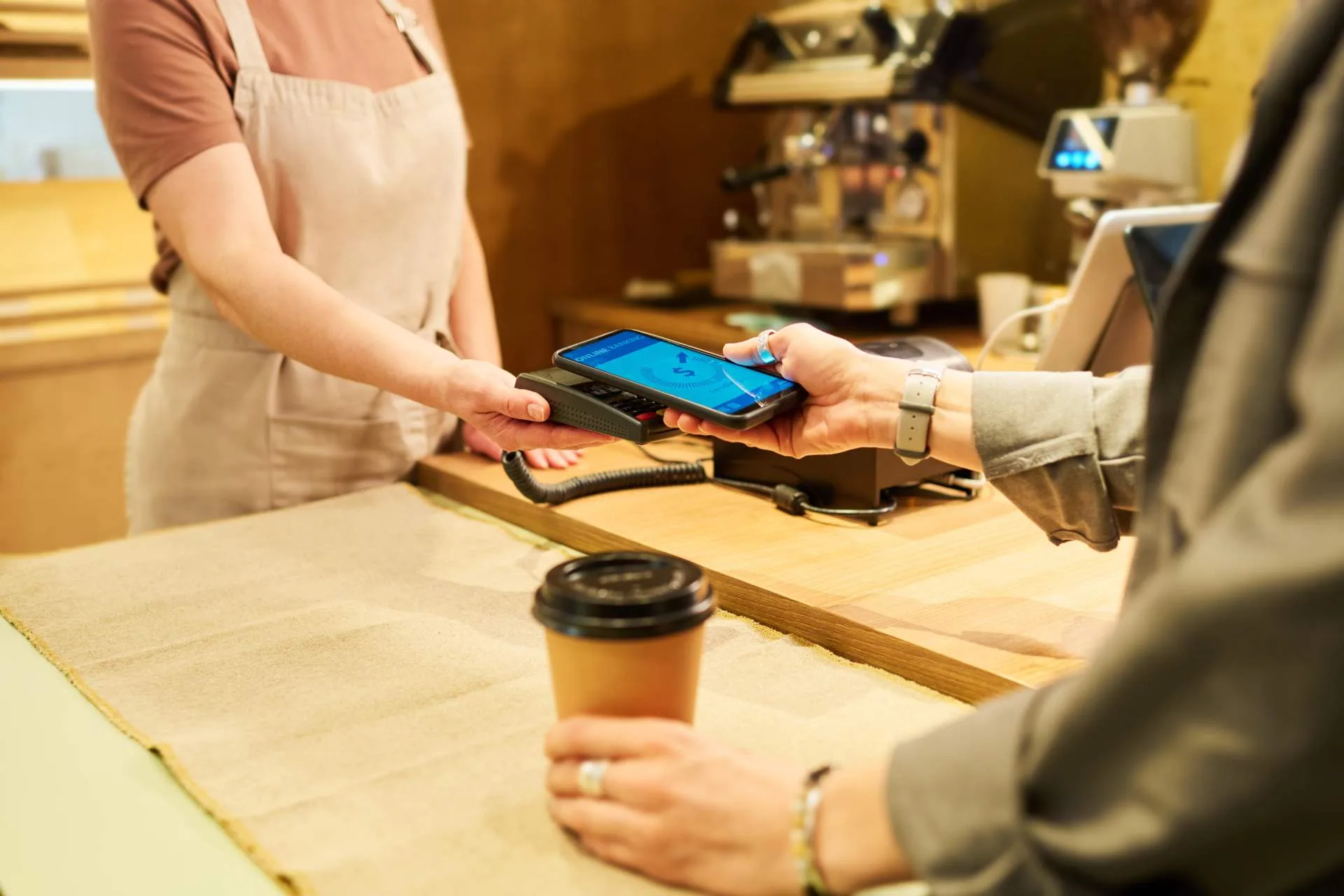When first hearing the terms ‘Payment gateway’ and ‘Payment processor’, you may think they are the same. However, this is not true. Payment gateways and payment processors are critical components in accepting and processing online payments. This article will help highlight the differences and the roles each term plays in your business and which option would benefit you
Payment gateway vs payment processor
The main difference between a payment processor and a payment gateway is that a payment gateway acts as a middleman between the merchant and the payment processor, securely transmitting the customer data to the payment processor. In contrast, the payment processor handles the transaction process by moving the payment data between the merchant, the issuing bank, and the acquiring bank.
Below is a table that shows a comparison between the two terms:
| Payment Gateway | Payment Processor |
|---|---|
| Collects, encrypts, and verifies an online customer’s payment information | Communicates between the merchant, issuing bank and acquiring bank to transfer funds |
| Acts as an online point-of-sale (POS) terminal to make sure the payment card is valid | Acts as an in-person point-of-sale (POS) terminal to make sure the card is valid |
| Intermediary between business and customer | Intermediary between business, customer’s bank, and the merchant’s bank |
| Must be used in conjunction with a payment processor | Can be used as a stand-alone service |
| Best for: eCommerce or card-not-present transactions | Best for: POS & in-person transactions |
Payment gateway
A payment gateway is a technology merchants use to accept debit or credit card purchases from customers. It acts as a bridge between the merchant’s website and the payment processor, ensuring the transaction is carried out securely and efficiently. The payment gateway encrypts the customer’s card details and sends them to the payment processor to be processed.
Payment Gateways are commonly used by businesses operating online, needing to process electronic payments securely and efficiently. Payment gateways are crucial for e-commerce websites, online retailers, and any business looking to offer customers the ability to complete online transactions. Payment gateways help in fraud prevention, providing an additional layer of security for both the merchant and the customer.
Payment processor
A payment processor is a critical entity in financial transactions, facilitating the movement of funds from a customer’s bank account to a merchant’s account after a purchase. It ensures that all transaction details are correct, verifies sufficient funds are available, and obtains authorisation from the customer’s card-issuing bank.
Using a payment processor makes sense for a business that accepts debit or credit card payments, whether operating in a physical store or online. It is especially crucial for e-commerce businesses that rely on online sales, as it ensures secure and efficient transaction processing. Payment processors are integral for businesses looking to provide a seamless checkout experience for their customers, minimising friction in the payment process and reducing the risk of fraudulent transactions.
Which do I need: payment gateway or payment processor?
Deciding between a payment gateway and a payment processor depends largely on the nature of your business and how you intend to accept payments. For most online businesses and e-commerce platforms, having both a payment gateway and a payment processor is strongly recommended.
When both are required
eCommerce
First, consider the pricing structure. Is it transparent and predictable? Does it align with your transaction volumes? It’s essential to choose a provider whose fee structure meets your needs.
Subscription-based services
Businesses that work around recurring billing models, such as Netflix and Spotify, benefit from having both a payment gateway and a payment processor in place, as it enables efficient handling of periodic transactions to be completed whilst enabling secure storage of customer payment information to prevent any future errors with billings.
High-volume transactions
Enterprises with a high volume of transactions, such as car dealerships and property management, require the support provided by both a payment gateway and a payment processor to manage the complexity and volume of their transactions.
Downsides of not using both
Limited security
Without a payment gateway, you may expose customers’ payment information to potential risks, as payment gateways are critical to encrypting and securely transmitting payment data.
Reduced efficiency
Lacking a payment processor could lead to inefficient payment handling, as payment processors are essential for verifying payment details and ensuring the correct funds are appropriately transferred.
Choosing one over the other
In-person transactions
Independent family-run businesses and other small businesses may only accept in-person card payments. They might see fit to prioritise a payment processor and use a point-of-sale system that can facilitate theirs as both a payment processor and gateway.
Third-party platforms
Small businesses or sole traders selling through third-party marketplaces such as Etsy or eBay may not need a separate payment gateway, as these platforms often provide their payment processing solutions.
Conclusion
Understanding the distinctions and integrations between payment gateways and payment processors is crucial for businesses. Whilst a payment gateway serves as the secure link between the customer and the merchant, the payment processor acts as a mediator in transferring funds, ensuring everything is to complete the transaction successfully.
Confused about payment gateways vs payment processors? Let our knowledgeable support team help you understand the differences and make the right choice for your business.





